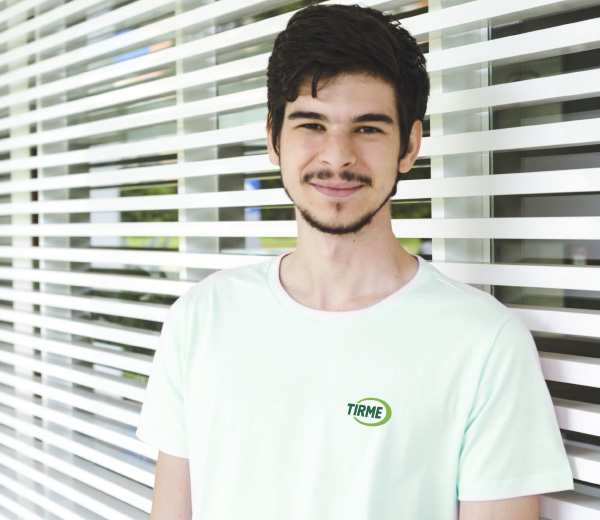At TIRME, we have integrated the circular economy into our business strategy in order to guarantee the sustainable development of our processes and the community we serve. A further goal is to drive circular economy projects among the island’s various economic, social, business and institutional agents. To this end, we introduce ongoing improvements to our processes and innovate by creating new projects that will contribute to the circular economy culture.

This project is made up of our human capital, who plays an essential role in ensuring the smooth running of the system, as well as all those groups involved in the various processes for the application of the master plan. We therefore wish to thank each and every one of our stakeholders for their involvement in this project: institutions, shareholders and partners, residents, suppliers, customers, municipalities and the various associations and companies that form the island’s social and business fabric. They are all members of this family that contributes to improving waste management on Mallorca.
Read more




